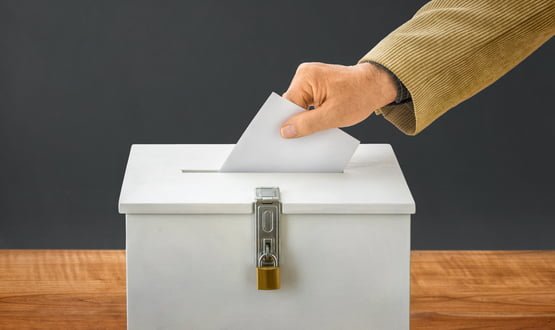Digital Health poll reveals reader’s opinions on NHS contact-tracing app

A Digital Health News poll has revealed that readers don’t feel the NHS has been transparent enough about the Covid-19 contact-tracing app, but they do not have any concerns about it.
We asked three questions on a number of issues which have been raised about the app, which uses Bluetooth technology to alert users if they have come into contact with someone experiencing coronavirus symptoms.
Once a user inputs their symptoms they are able to send data on every device they’ve come into contact with to a central NHS database, which then assesses the contacts and sends an alerts to other users deemed to be at risk.
However concerns have been raised about data privacy, with NHSX urged to be “upfront” about data will be used.
When asked whether the NHS is being transparent enough regarding data and privacy surrounding the app, just under three quarters (74%) said they did not think it was.
Though, when asked what concerns them most about the technology, of the 377 who voted, the majority (31%) said they had none. This was closely followed by ‘other’ (28%) and data, privacy and security (27%).
The least of reader’s concerns was private company involvement (5%) and low uptake (9%).
One issue which has been raised is the centralised vs decentralised argument.
NHSX has chosen to take a ‘centralised’ approach to collecting data on potential Covid-19 contacts, compared to Apple and Google’s ‘decentralised’ approach.
A centralised approach to contact-tracing means alerts sent to users about potential contact with Covid-19 come from a computer server held by the NHS, whereas Apple and Google’s approach sees alerts sent between devices when potential coronavirus symptoms are reported.
When asked whether they agree with the NHS’ centralised approach, just under two thirds (63%), said they did not with the remaining 37% saying they did.




